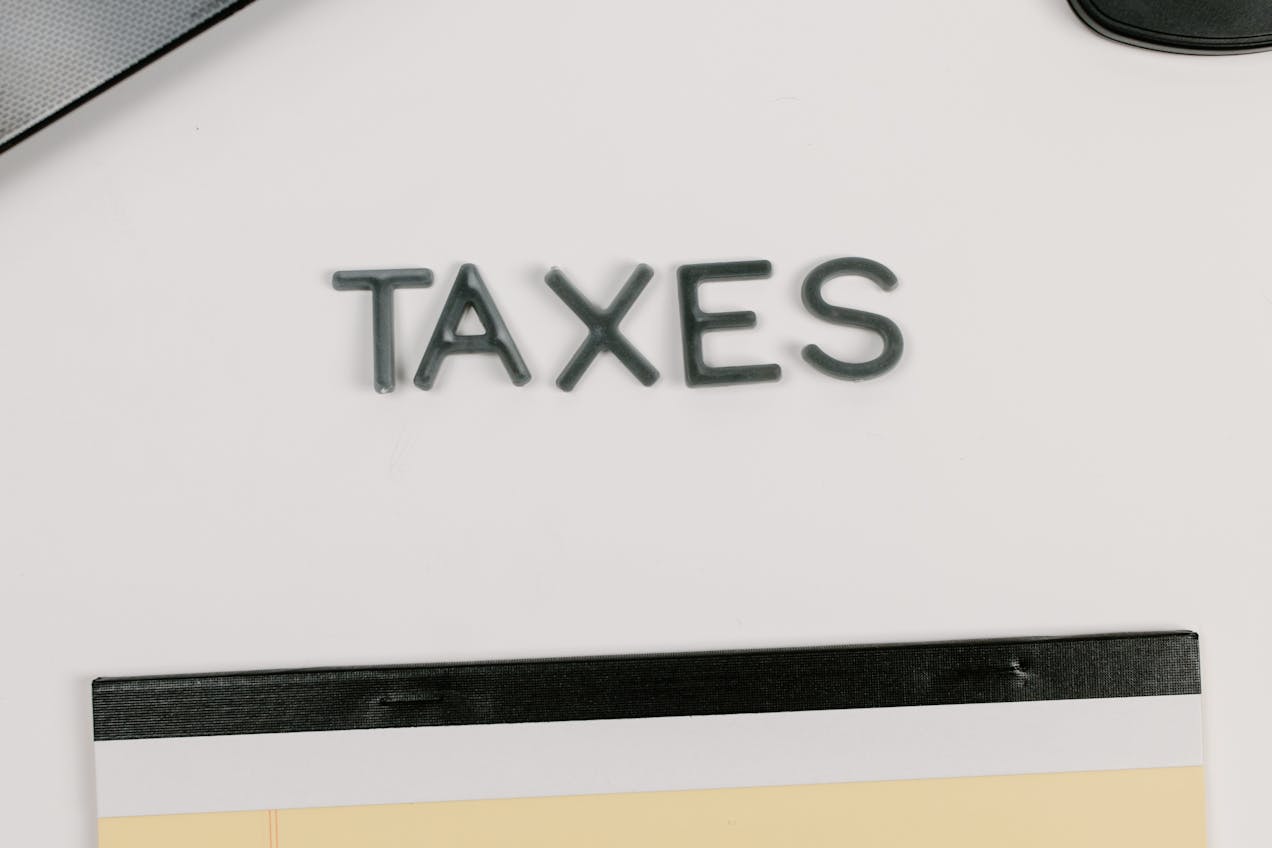Filing Taxes in Multiple States If you worked, lived, or earned income in more than one state during the year, filing taxes can get complex. Whether you’re a remote...
Tax-advantaged accounts can help you grow wealth, reduce your taxable income, and prepare for retirement or major life expenses. Yet, many individuals and business owners overlook or misuse them....
Taxes for Your Side Hustle Earning extra income from a side hustle is exciting, but the IRS sees it as taxable income. Whether you’re freelancing, driving for Uber, selling...
No one wants a letter from the IRS. While most audits are random, many are triggered by red flags on your return. As a business owner, freelancer, or high-income...
Need a Financial Plan A great business idea can get you started, but a solid financial plan keeps you going. As an entrepreneur, your success doesn’t just hinge on...
Tax Deductions for Small Businesses Small business owners often juggle multiple responsibilities, from managing clients to keeping cash flow steady. But one area that frequently gets ignored? Tax deductions....
Cryptocurrency on Taxes Cryptocurrency isn’t just a buzzword anymore—it’s a legitimate form of investment and payment. But with it comes IRS scrutiny. In 2025, if you buy, sell, stake,...
As 2025 unfolds, new tax laws and phase-outs are reshaping the landscape for individuals, entrepreneurs, and small businesses alike. Understanding these changes can help you reduce liability, avoid penalties,...
Self-employment tax is a major part of a self-employed individual’s IRS obligations. It includes Social Security and Medicare taxes that would otherwise be withheld from an employee’s paycheck. If...
Self-employment tax is often one of the largest tax obligations for freelancers, consultants, and small business owners. Fortunately, the Internal Revenue Code (IRC) provides several ways to legally minimize...









